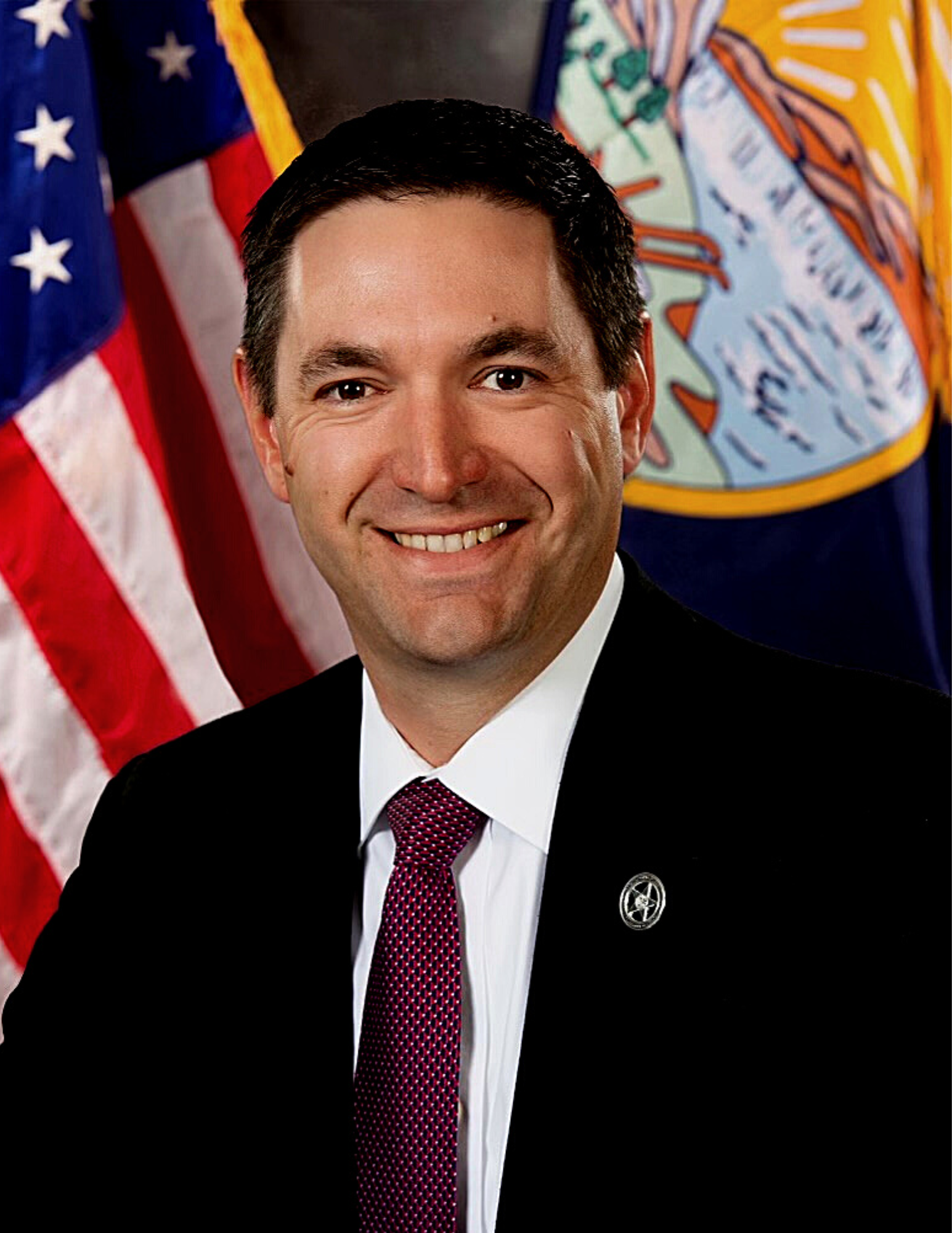The Ninth Circuit Court of Appeals recently handed down a victory for individual rights and medical freedom by reversing a lower court decision that sought to block Montana’s House Bill 702 (HB 702) in healthcare settings.
At the height of the COVID-19 pandemic, Democrats and federal agencies were pushing hard for vaccine mandates.
The bill was passed in 2021 as a response to what many Montanans view as federal government overreach, where the freedom to choose and the right to medical privacy have increasingly been called into question.
According to the bill, it is unlawful for any person, government entity, or employer to deny services, goods, facilities, employment, or public accommodations to someone based on their vaccination status or whether they possess an immunity passport. This includes barring individuals from education, healthcare, or employment opportunities.
The bill also prohibits individuals from being required to receive any vaccines that are under emergency use authorization or are undergoing safety trials.
Certain vaccination requirements are still permitted, specifically those required for schools and daycare facilities. Additionally, licensed nursing homes, long-term care, and assisted living facilities may be exempt if compliance would conflict with federal regulations from the Centers for Medicare and Medicaid Services or the CDC.
Healthcare facilities can request vaccination information voluntarily from employees for safety purposes. If an employee declines to disclose their vaccination status, the facility can assume they are unvaccinated and apply reasonable accommodations to protect the health and safety of others.

The plaintiffs, which included healthcare providers and some immunocompromised individuals, argued that HB 702 was in direct conflict with federal laws, specifically the Americans with Disabilities Act (ADA) and the Occupational Safety and Health Act (OSH Act).
“They alleged that the ADA and the OSH Act impliedly preempt HB 702 because the statutes require employers to know employee vaccination status and to discriminate on that basis in order to furnish ADA accommodations for persons with immunocompromising disabilities and to satisfy the OSH Act’s duty to furnish a workplace free of recognized hazards,” according to the court document reviewed by The Gateway Pundit.
But the Ninth Circuit wasn’t convinced. The Ninth Circuit decision dismantled the lower court’s argument that federal laws preempt HB 702.
Judge Daniel Bress, writing for the court, found that claims of conflict were speculative, not grounded in the actual text or effect of the ADA or OSH Act.
The Ninth Circuit emphasized that HB 702 allows healthcare facilities to take necessary steps to protect patient and staff safety without mandating vaccination status disclosures or creating discriminatory workplace policies. HB 702 simply requires facilities to find “reasonable accommodations” without resorting to forced vaccinations or employment bans.
Plaintiffs also argued that HB 702 violates the Equal Protection Clause due to different rules for different healthcare facilities.
The Ninth Circuit dismissed this claim as well, noting that Montana has the right to set regulations suited to varying levels of risk within the healthcare system.
In essence, the court agreed that maintaining a balance between individual rights and public health falls within the state’s jurisdiction.
According to the court ruling:
The panel held that neither the ADA nor the OSH Act’s general duty clause facially preempts HB 702 in health care settings.
Plaintiffs had not demonstrated that HB 702 creates a genuine conflict with the ADA in any specific case, much less that HB 702 is facially invalid in all health care settings.
The district court’s broad findings showed at most only the existence of a perceived conflict that was too speculative on these facts to justify preemption.
Nor did the record support an injunction in the case of any specific plaintiff. The panel reserved judgment on whether, in a future case, the ADA and the OSH Act’s general duty clause could preempt HB 702 on a narrower, as-applied basis.
The panel held that the Equal Protection Clause does not facially invalidate HB 702 in health care settings because the classification and differential treatment of facilities could rationally reflect Montana’s interest in balancing personal privacy interests and public health by exempting facilities that the State believes pose different risks.
[…]
HB 702 is not facially invalid as to health care settings under the ADA, OSH Act, or Equal Protection Clause. We vacate the district court’s injunction in full.
You can read the ruling below:
Read the full article here


